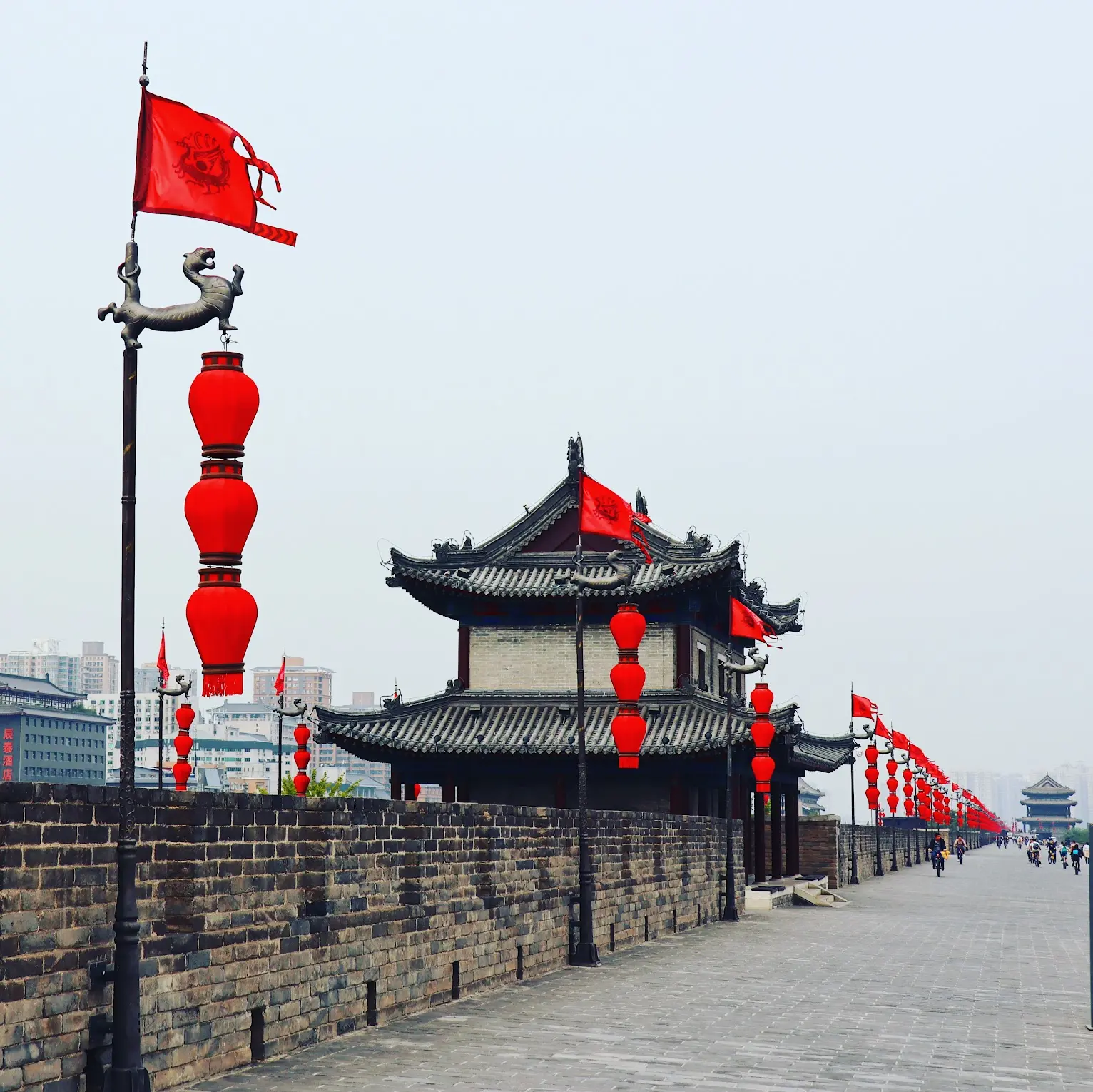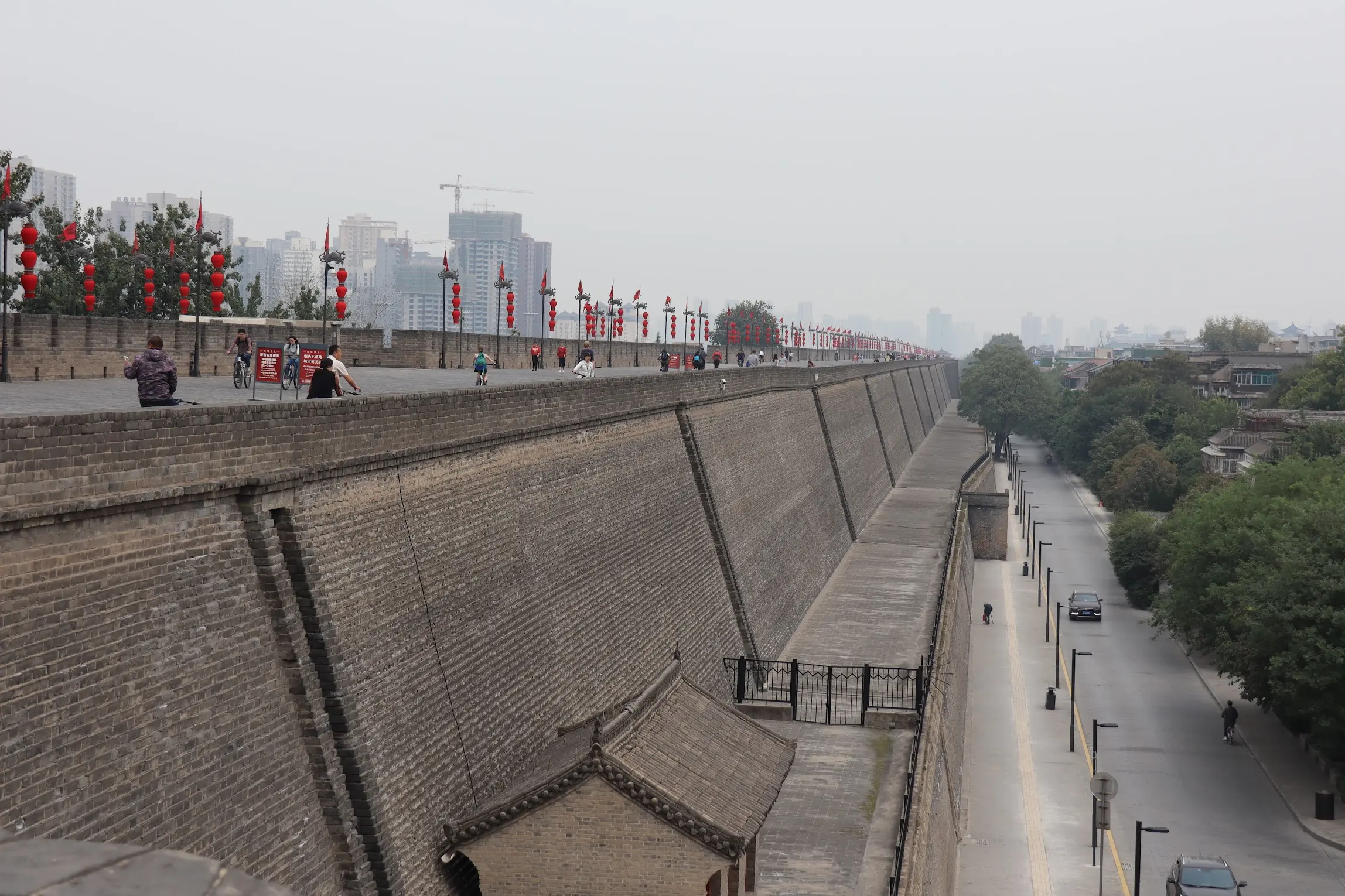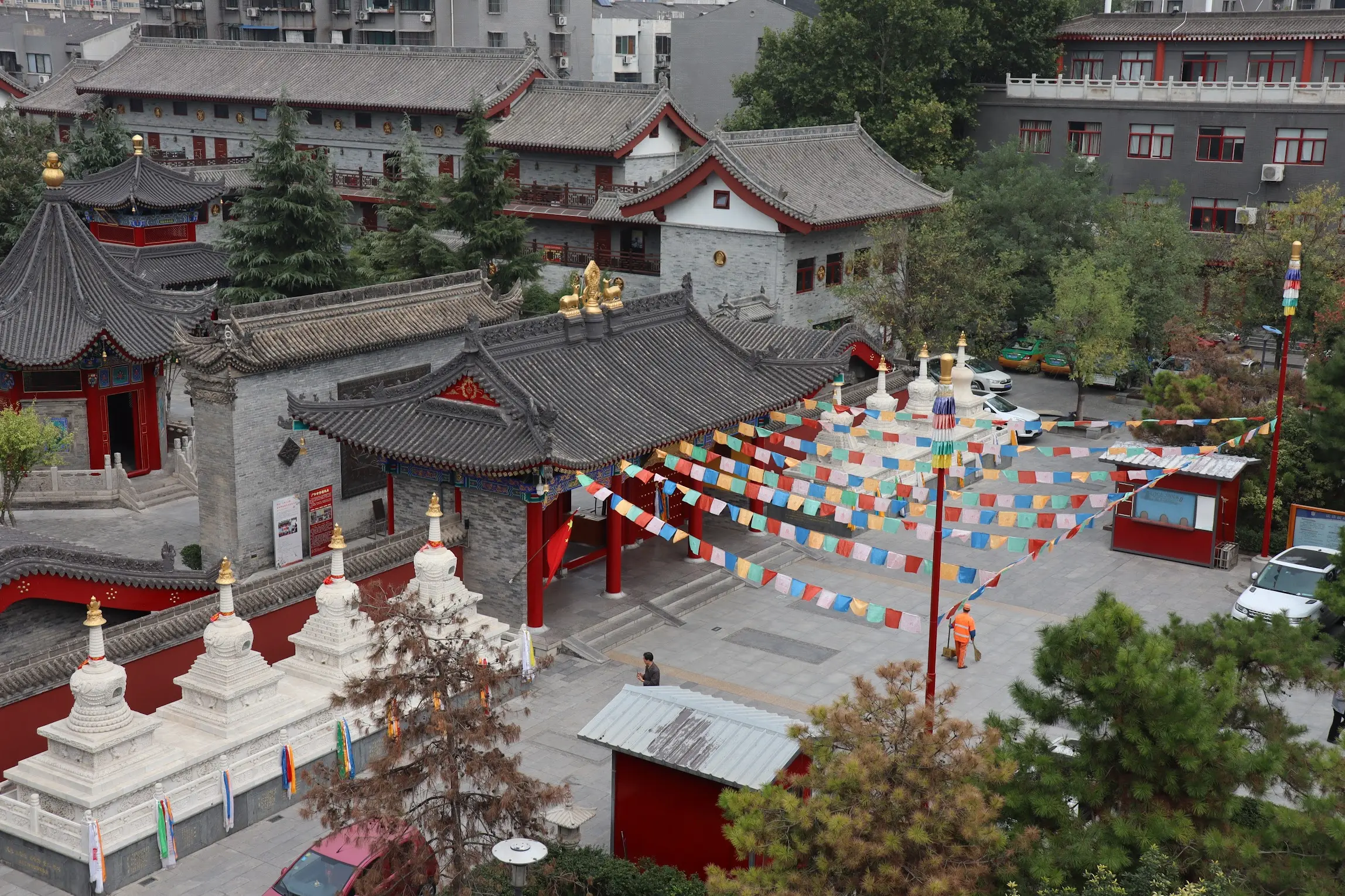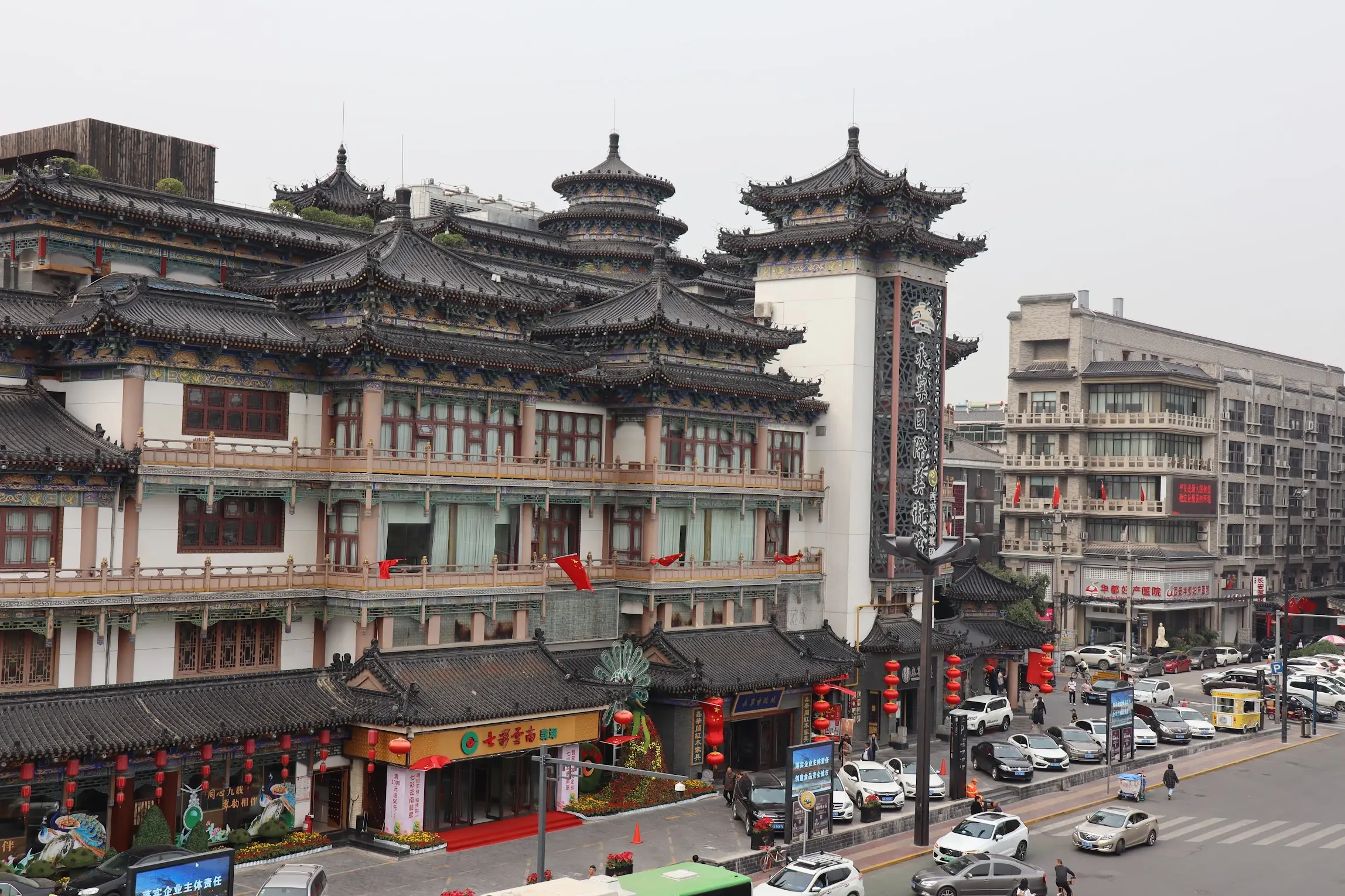Xi’an, one of China’s oldest cities, is famed for its rich historical heritage, being the starting point of the Silk Road and home to the UNESCO World Heritage-listed Terracotta Army. The city also boasts a harmonious blend of ancient architecture, like the imposing city walls, and modern developments, creating a vibrant cultural landscape. Moreover, Xi’an’s diverse local cuisine, influenced by its rich history and various cultures, plays a significant role in the city’s unique cultural identity.
Museum of Qin Terracotta Warriors
The Museum of Qin Terracotta Warriors 🌎 is a vast archaeological site housing thousands of life-sized terracotta soldiers and horses that were buried with the first Emperor of China, Qin Shi Huang, in 210–209 BCE. This UNESCO World Heritage Site provides a glimpse into ancient Chinese military history and craftsmanship, as each figure is uniquely detailed and was originally intended to protect the emperor in the afterlife.
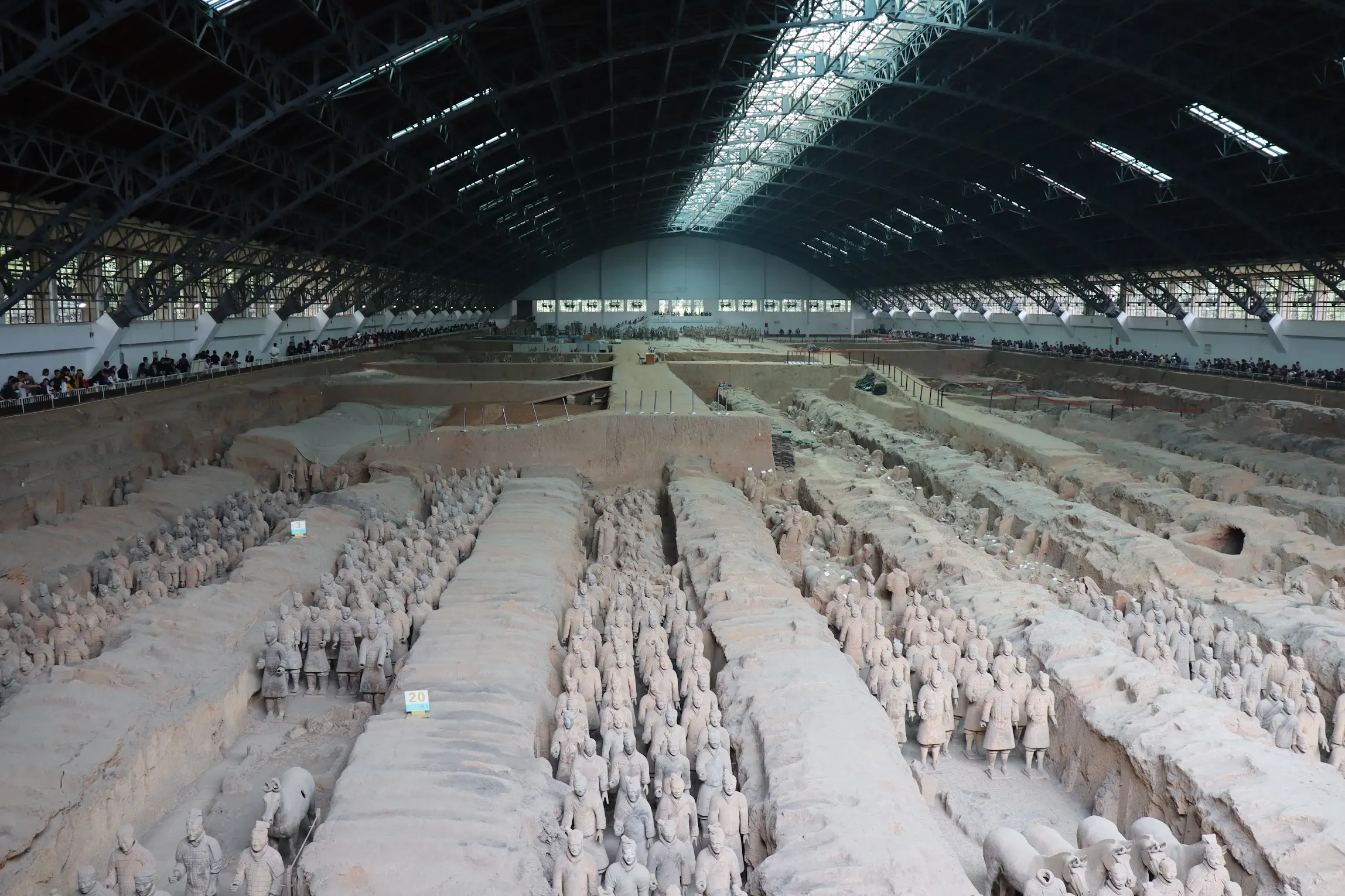
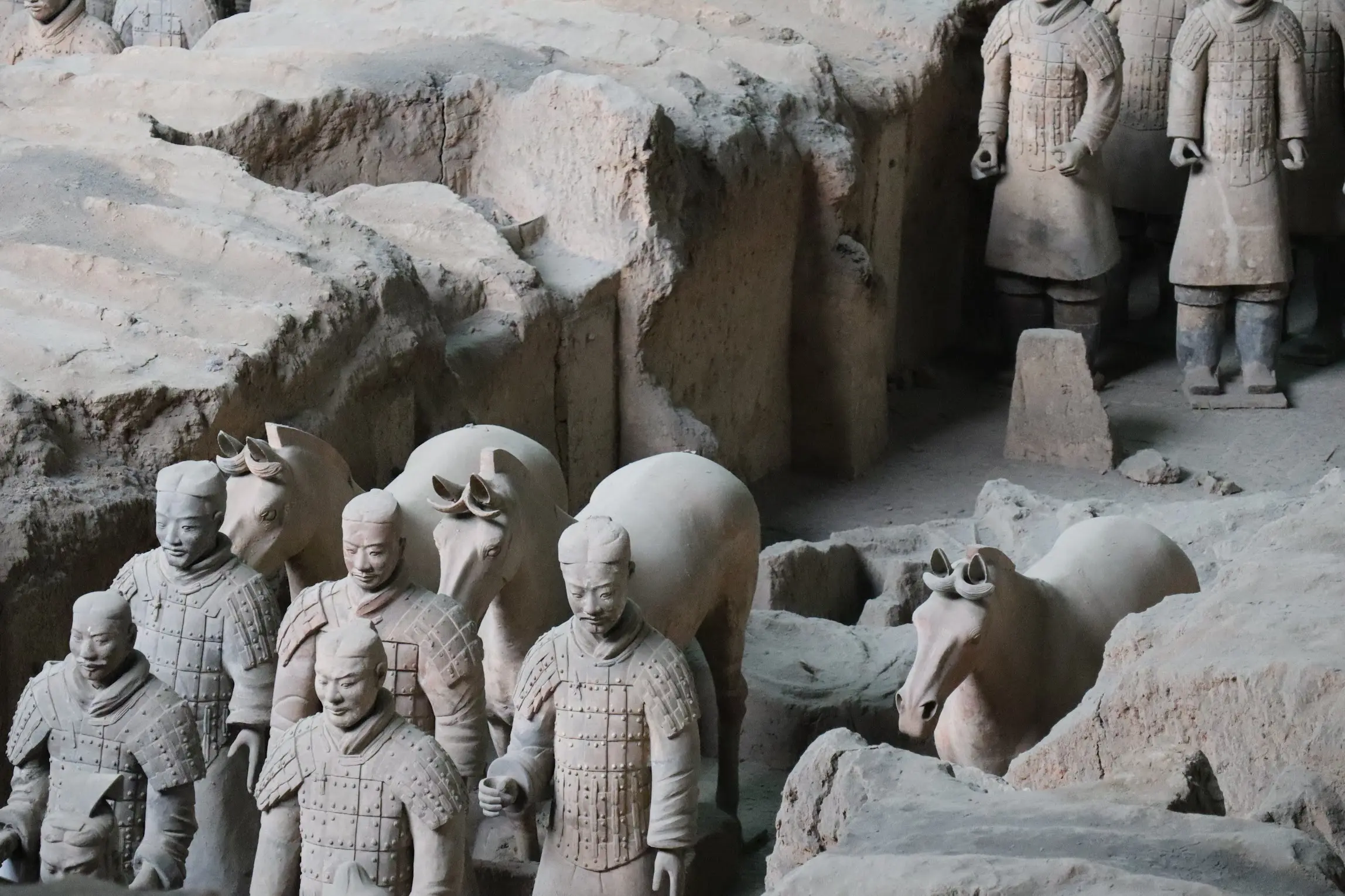
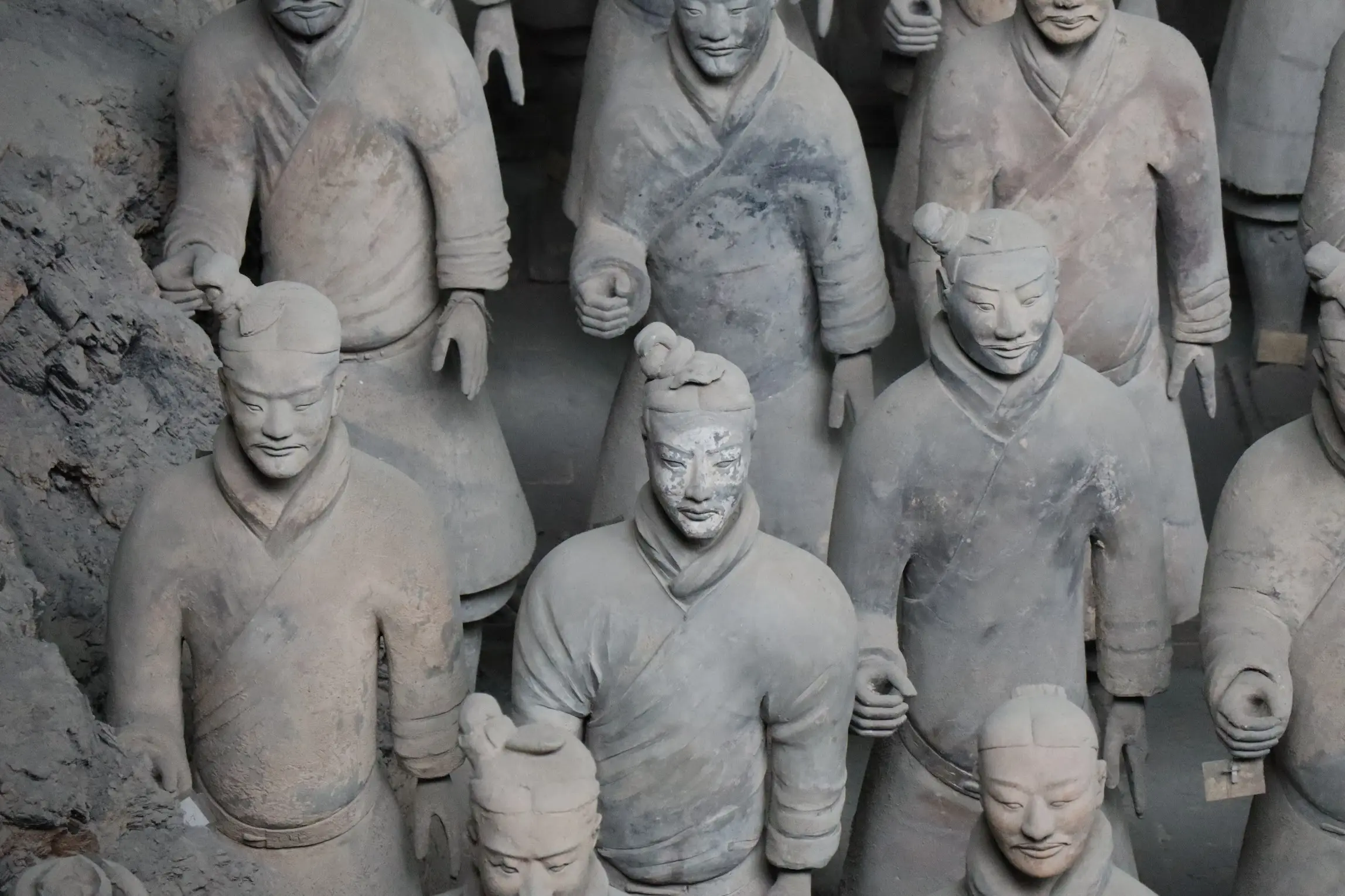
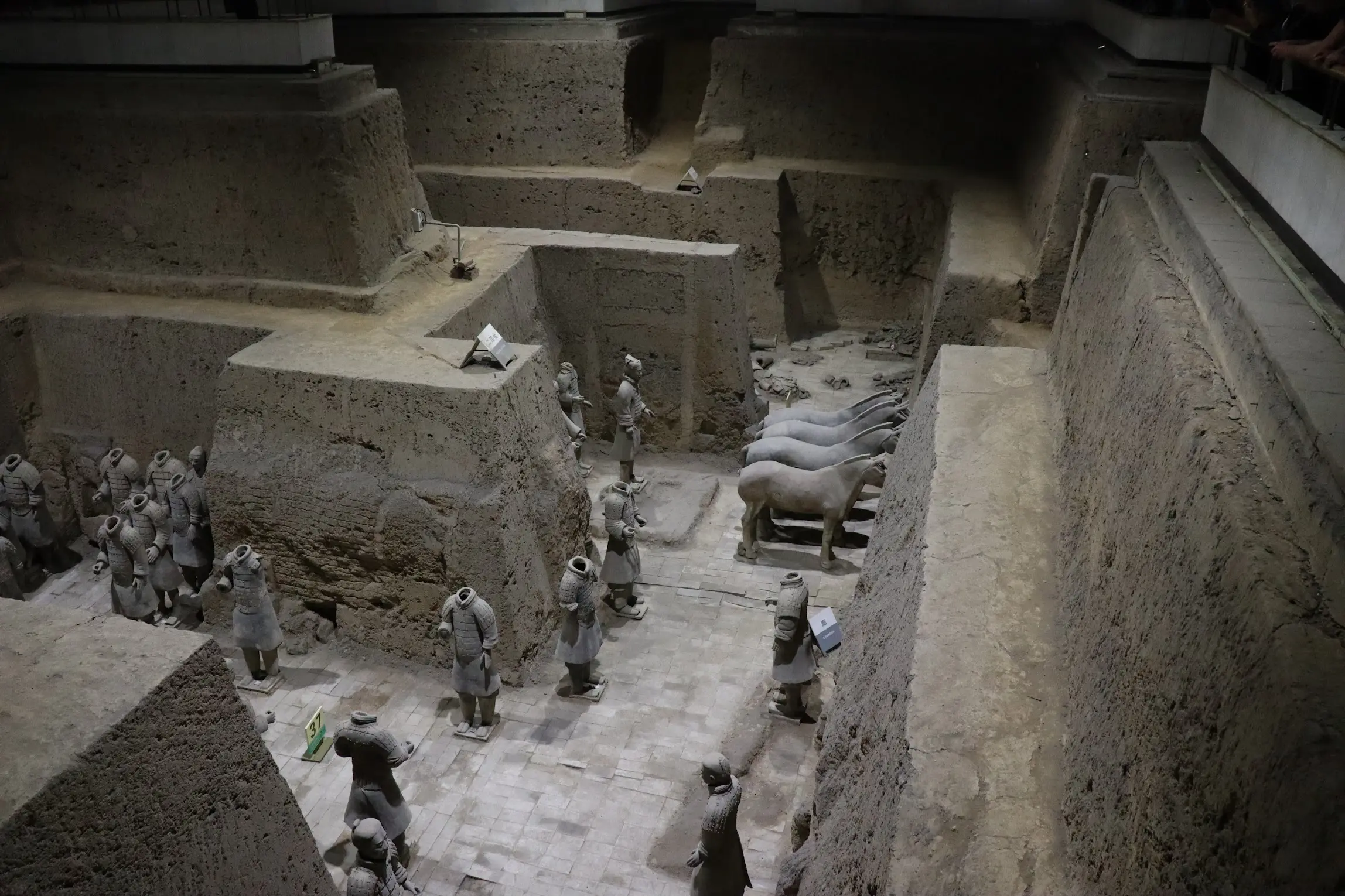
Night Market
The Xi’an Night Market is a vibrant and bustling hub of cultural and culinary diversity, where you can explore a wide array of local street foods, from the famous roujiamo (Chinese hamburger) to delicate dumplings.
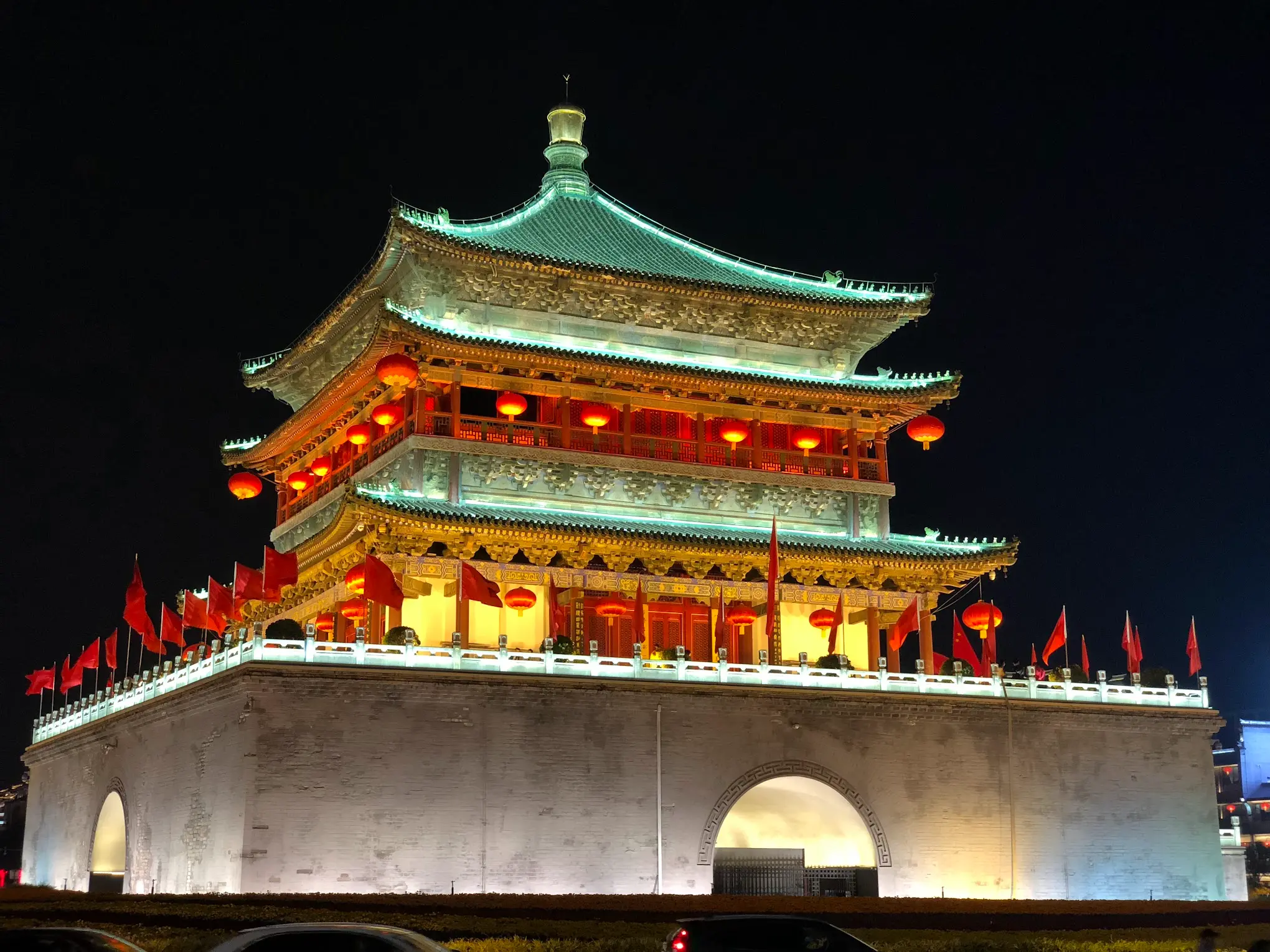
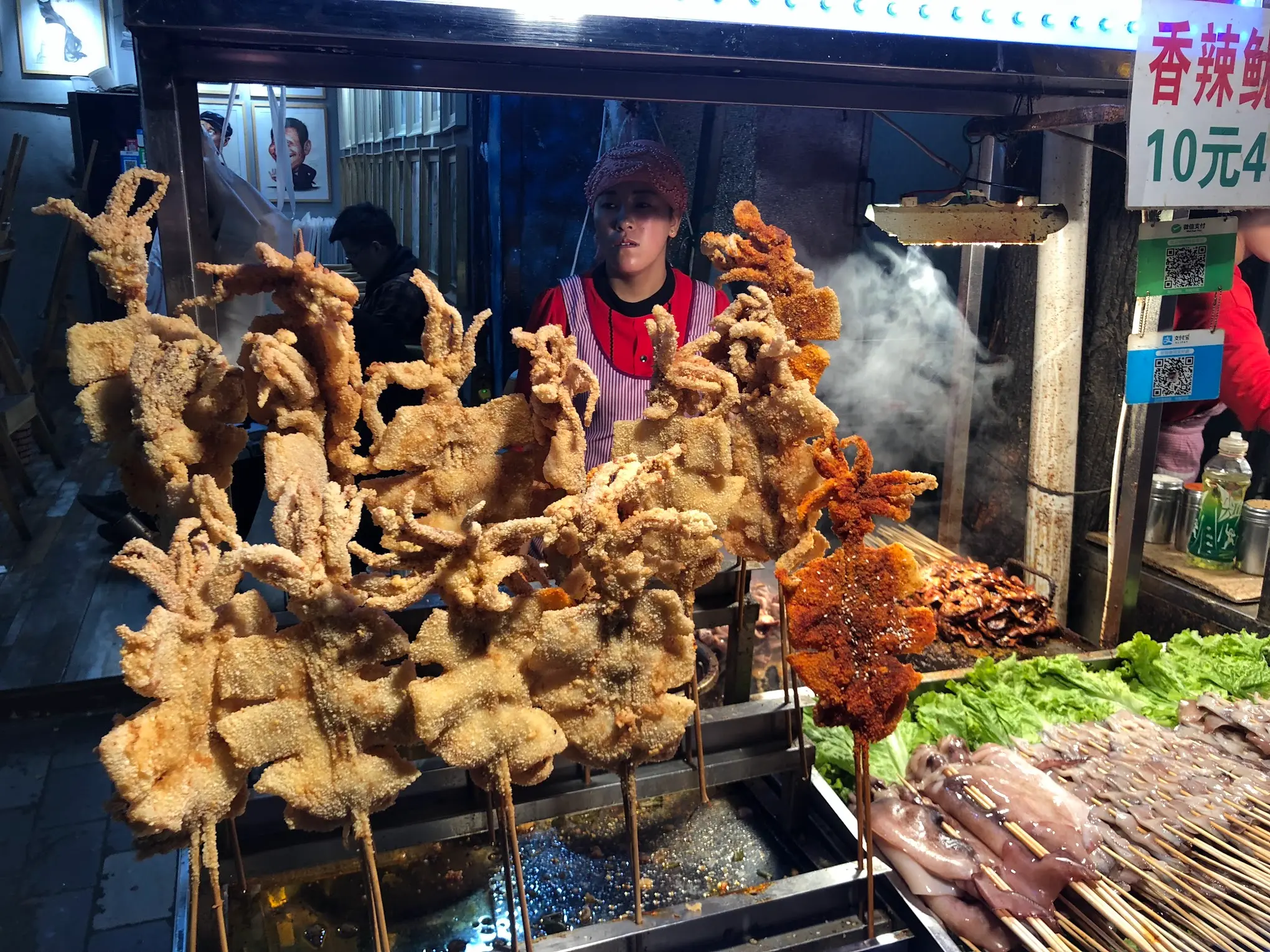
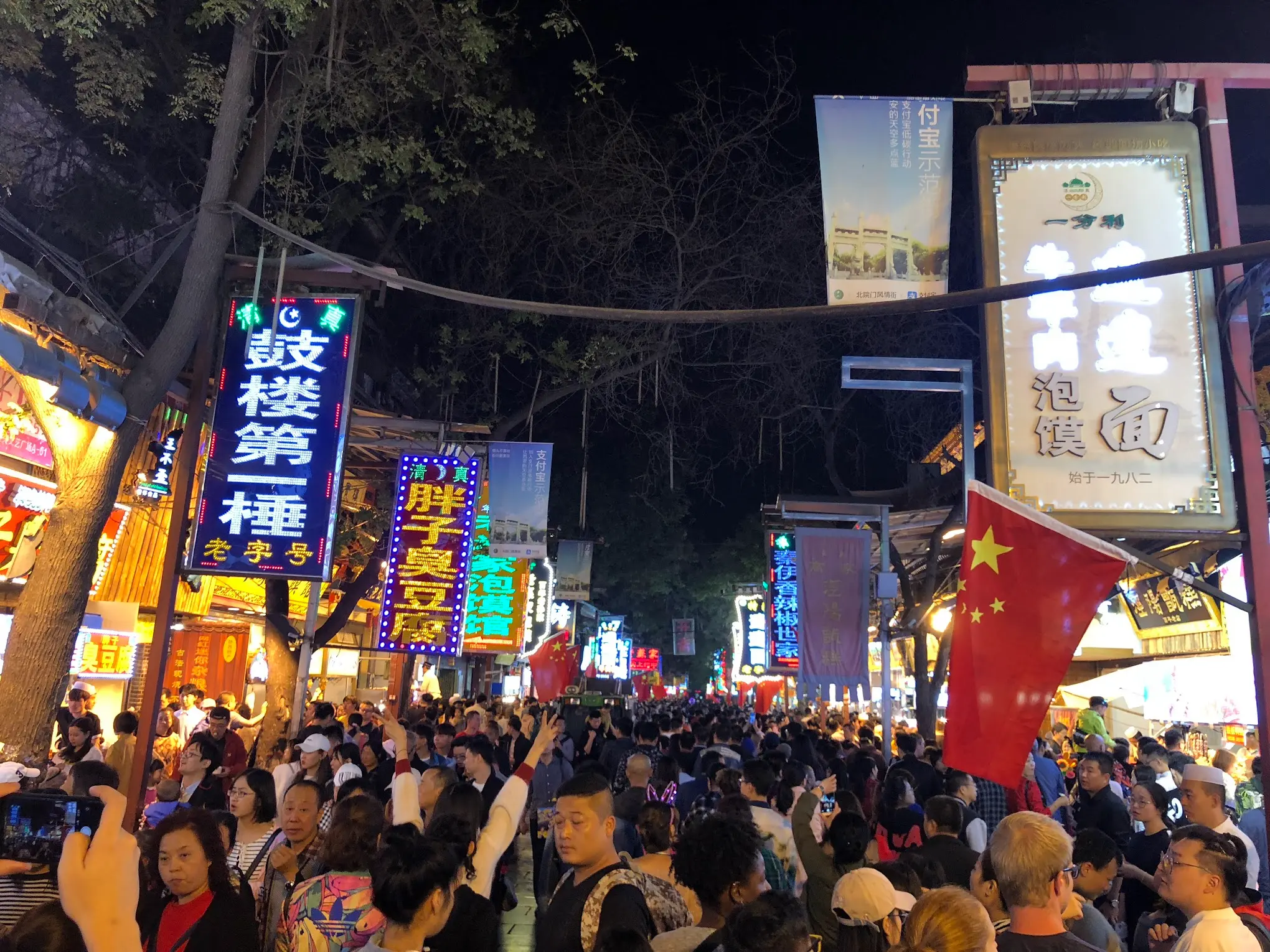
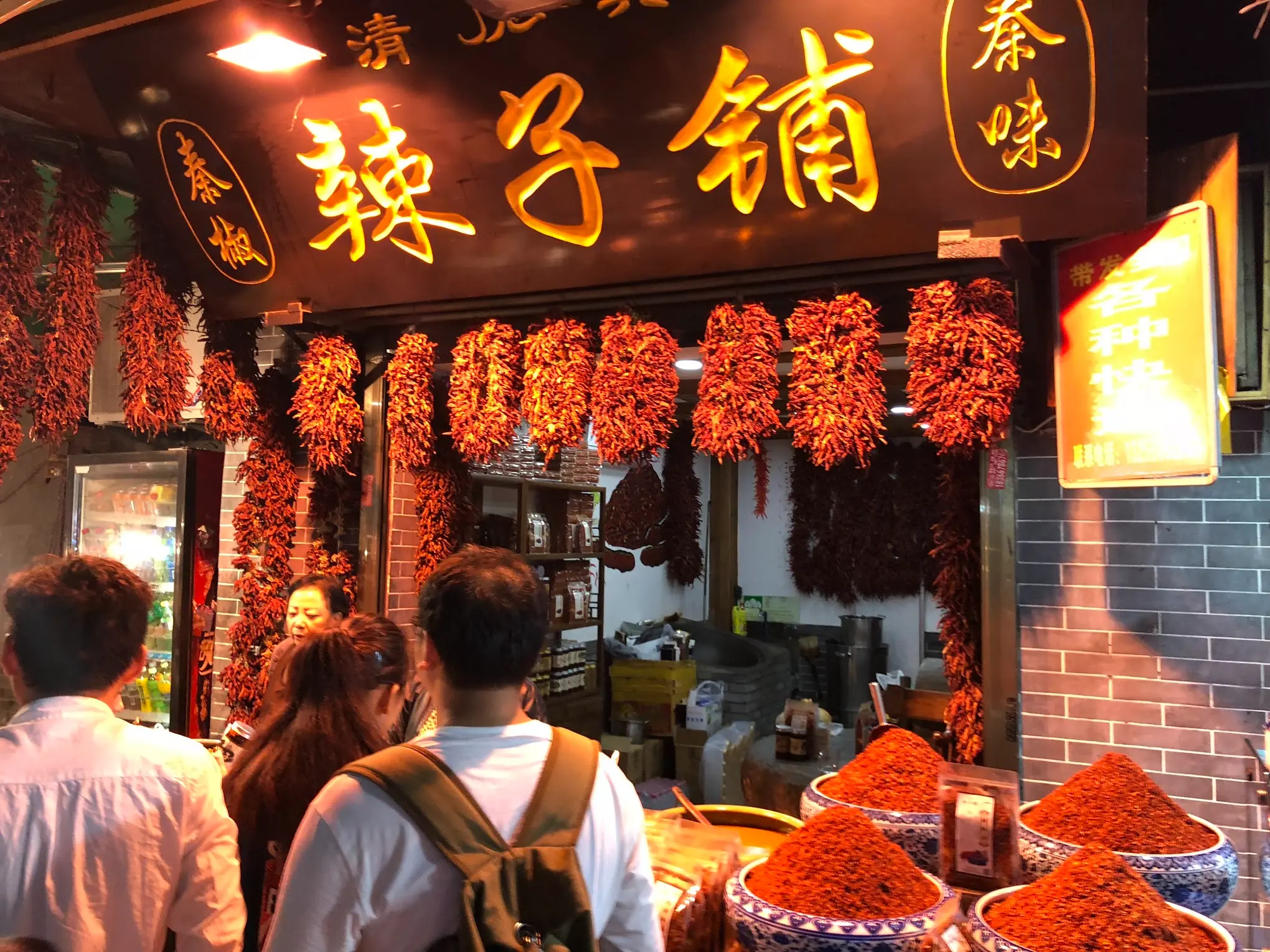
Xi’an City Wall
The Xi’an Fortifications, known as the Xi’an City Wall 🌎, encircle the city center of Xi’an, China, and are one of the oldest and best-preserved city walls in the country, originally built during the Ming Dynasty in the 14th century. These impressive walls stretch approximately 13.7 kilometers in length and stand 12 meters high, featuring watchtowers, a deep moat, and four main gates that offer a glimpse into ancient Chinese urban defense strategies.
